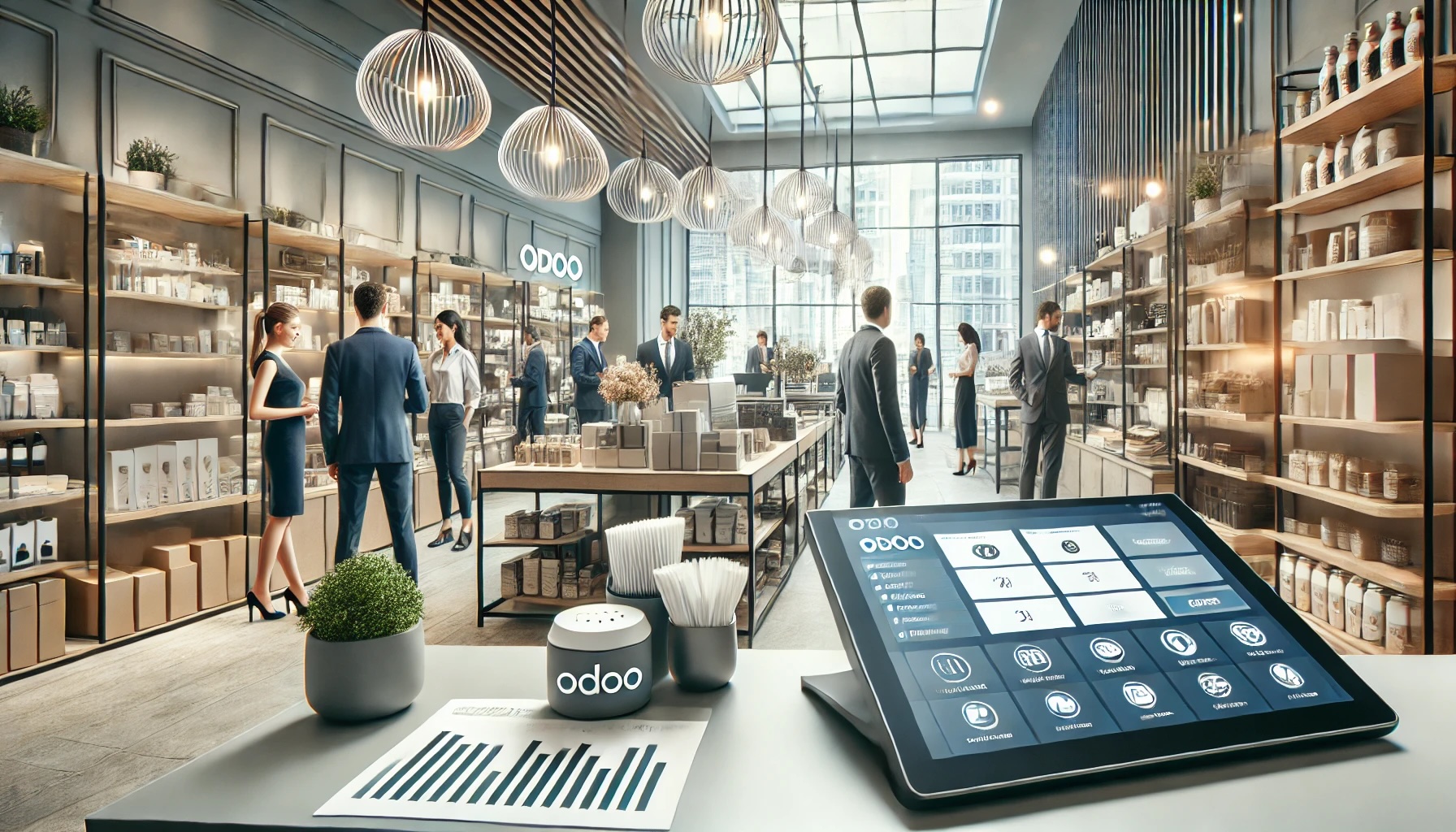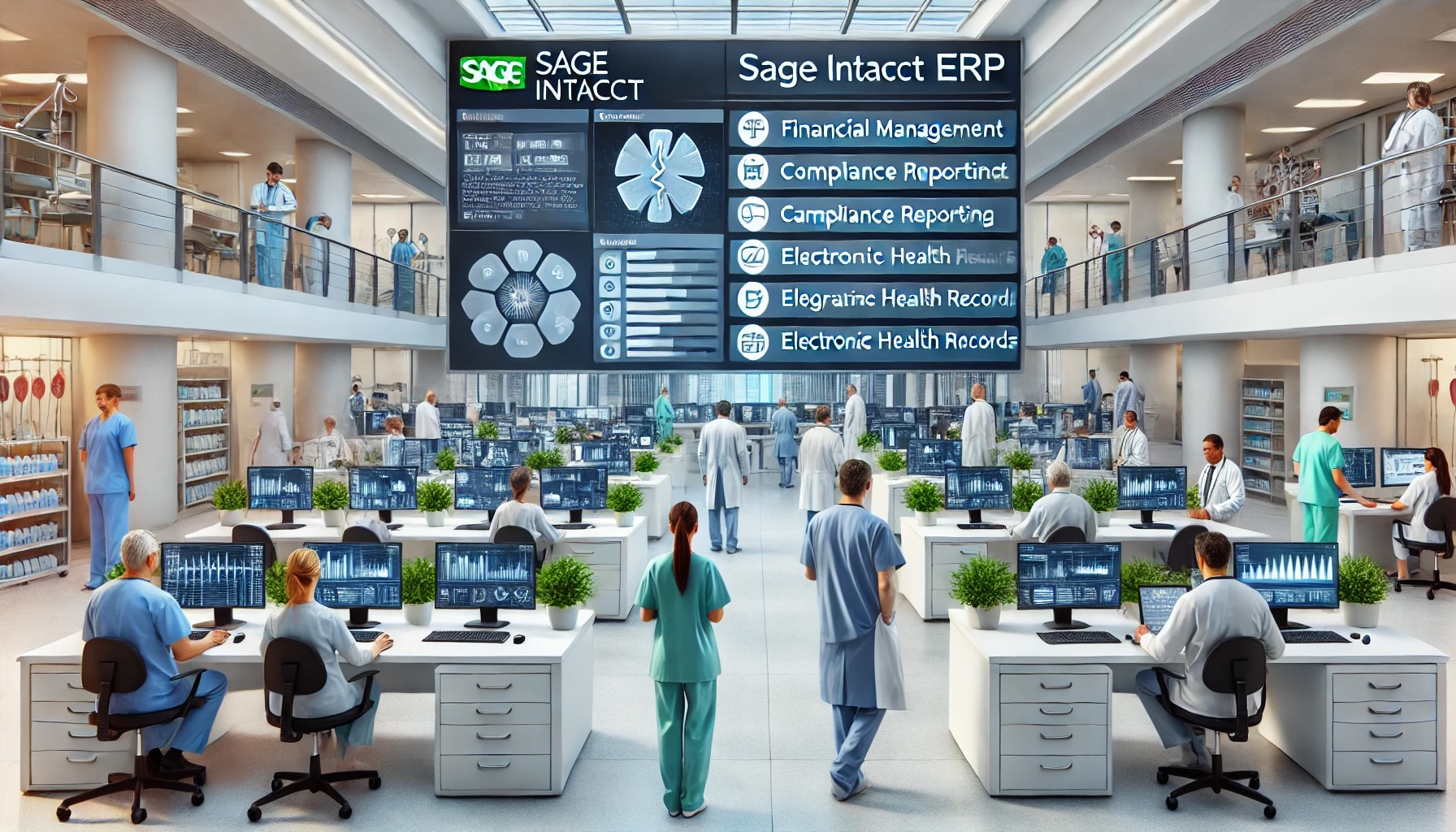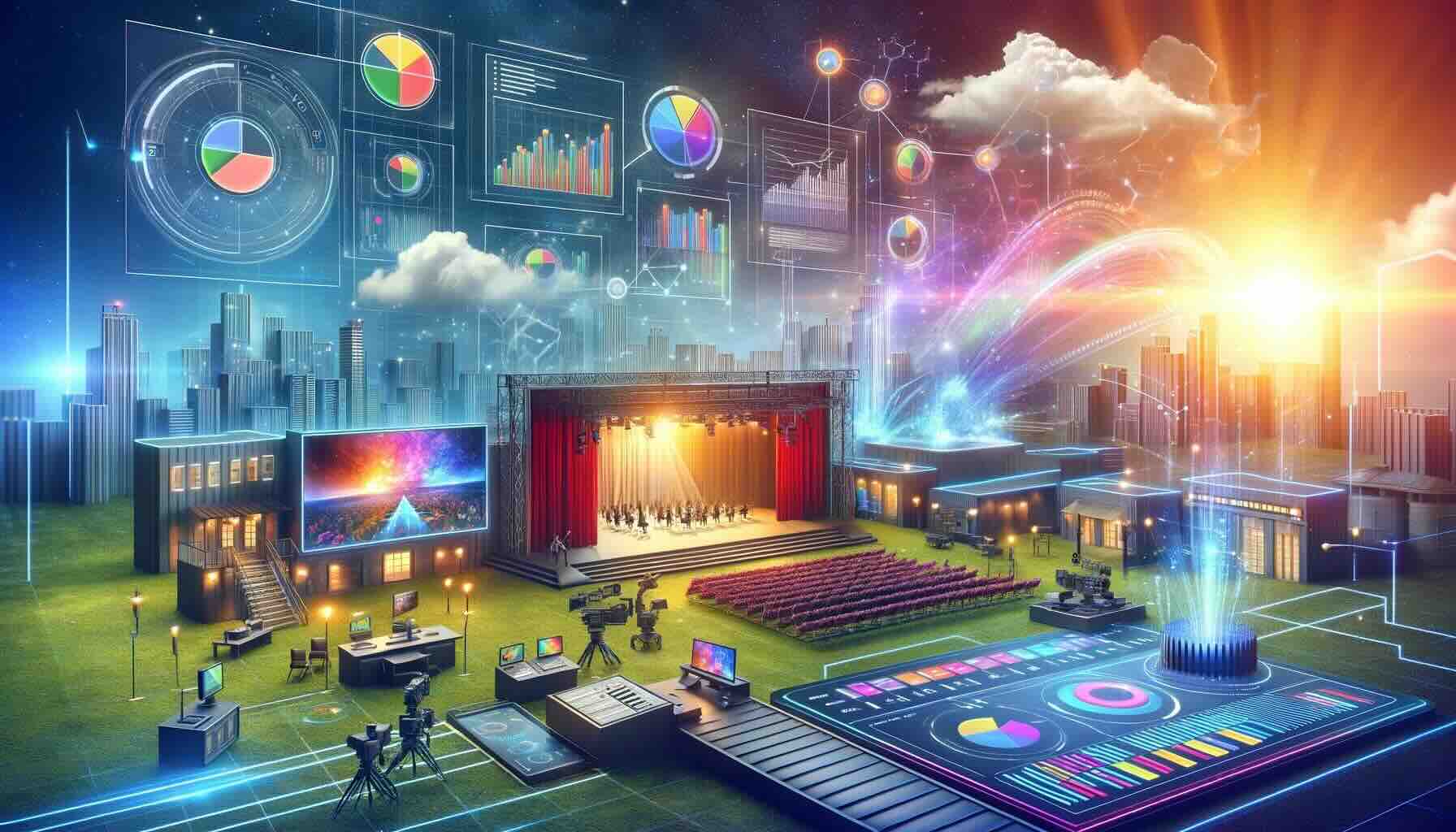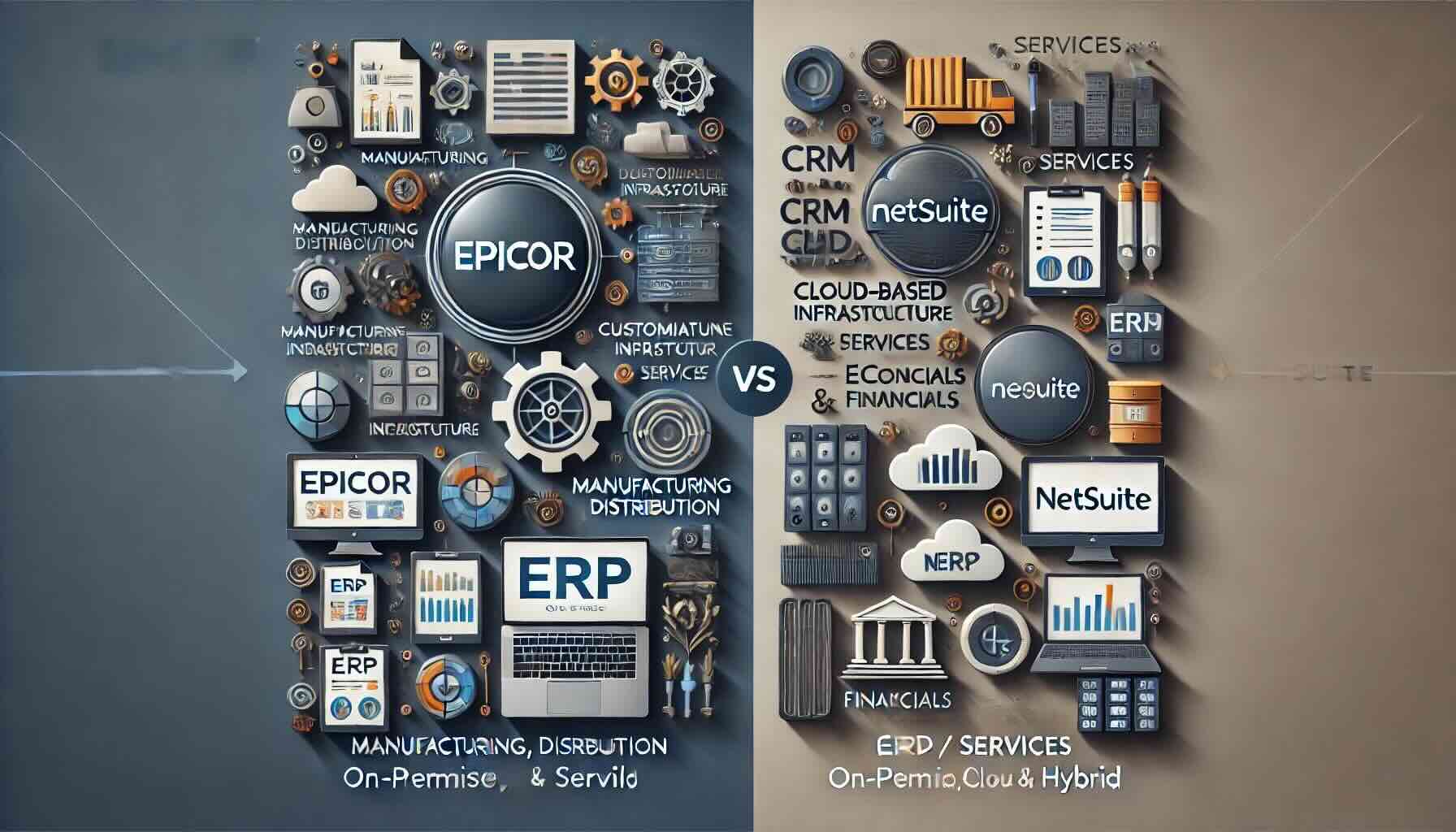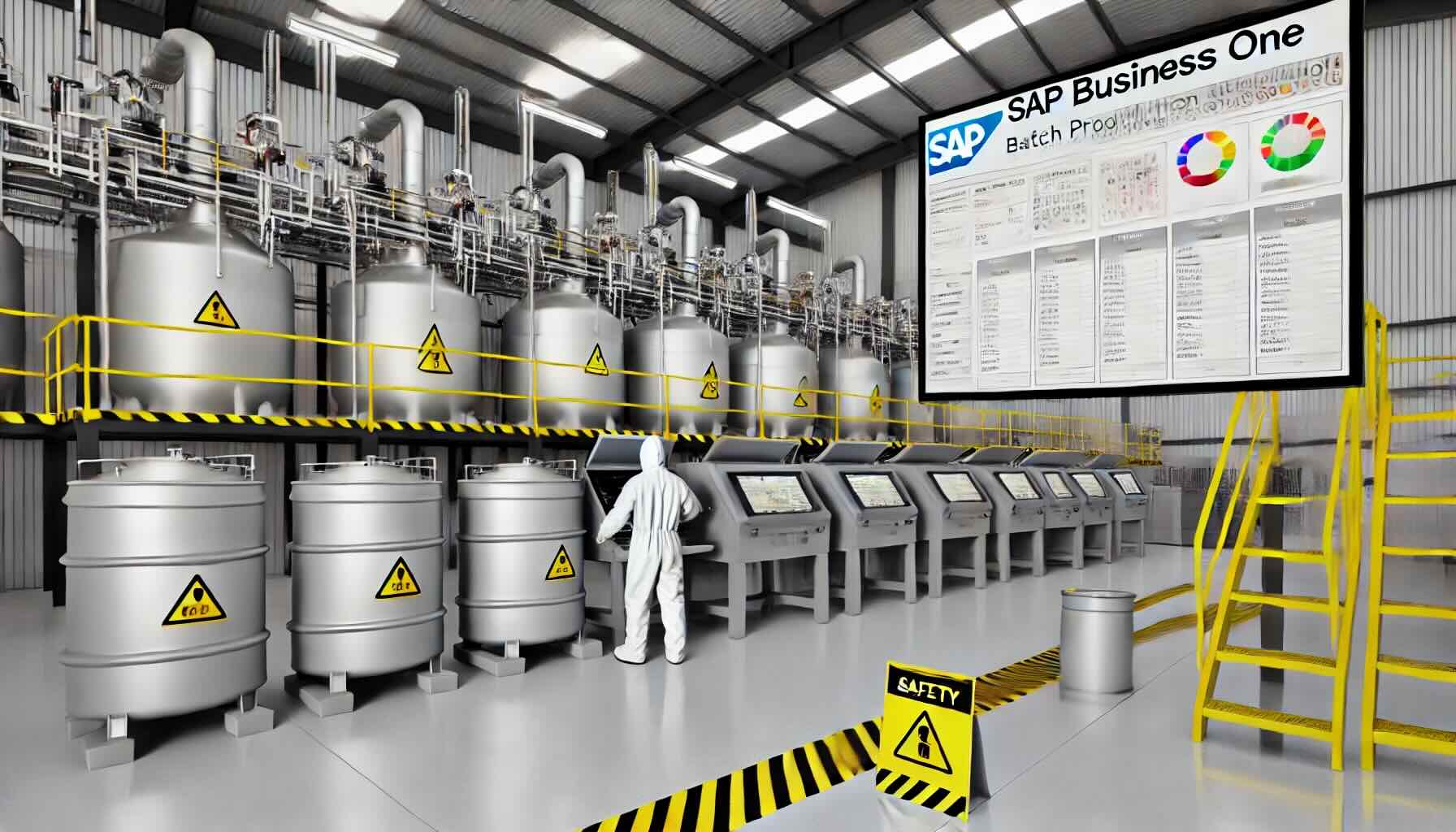Difference Between ERP and Business Intelligence
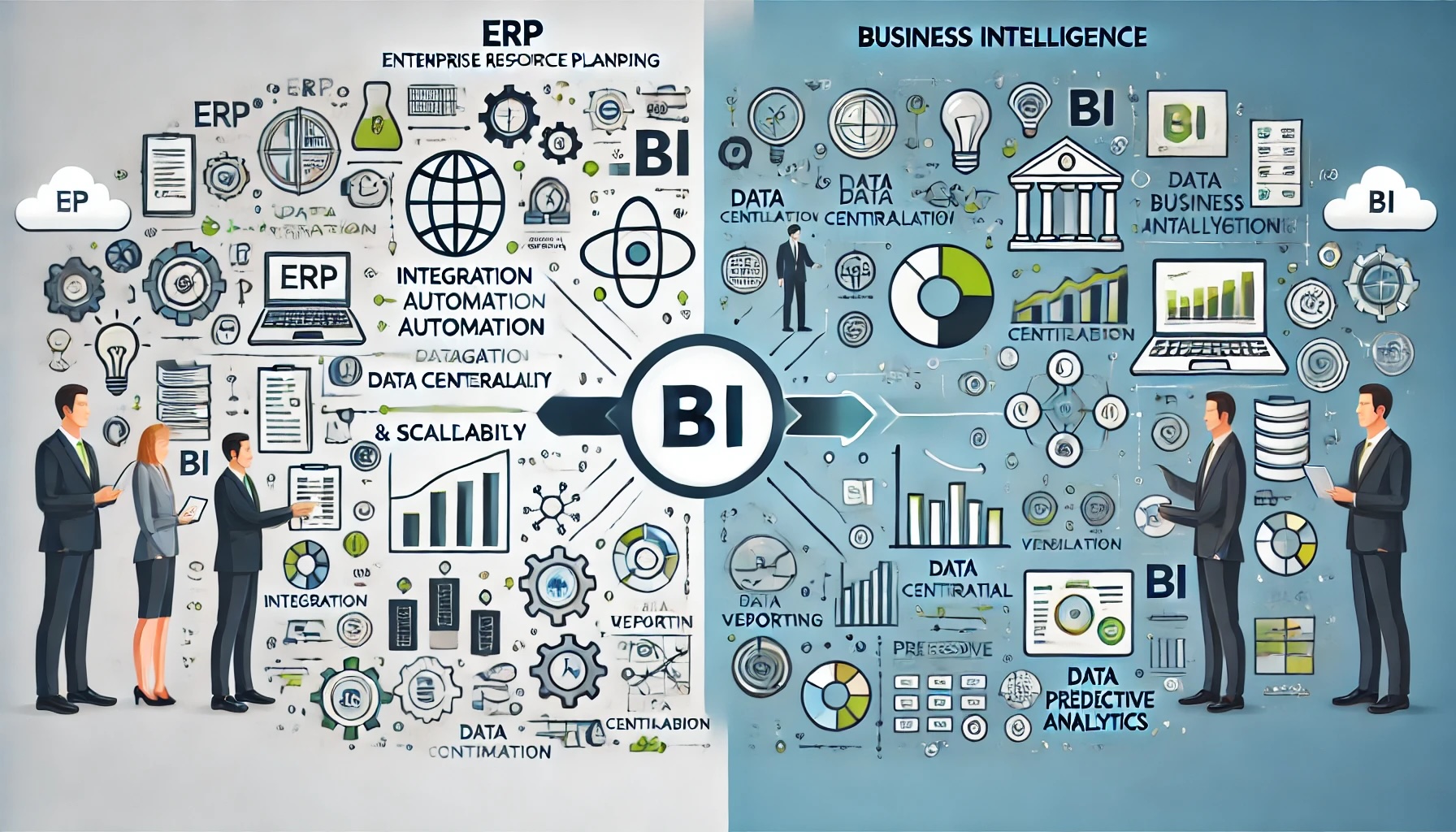
In the dynamic world of business technology, two terms often come to the forefront: Enterprise Resource Planning (ERP) and Business Intelligence (BI). Understanding the difference between ERP and Business Intelligence is crucial for organizations aiming to streamline operations and make informed decisions. This blog delves into the key distinctions, functionalities, and benefits of ERP and BI, helping you to determine which is best suited for your business needs.
What is ERP?
Enterprise Resource Planning (ERP) is a type of software used by organizations to manage and integrate the important parts of their businesses. An ERP software system can integrate planning, purchasing inventory, sales, marketing, finance, human resources, and more. ERP systems are designed to streamline processes and information across the entire organization.
Key Features of ERP:
- Integration: ERP systems unify various business processes by collecting and sharing data from different departments.
- Automation: Reduces manual operations, thereby increasing efficiency and reducing the risk of human error.
- Data Centralization: Provides a single source of truth by centralizing data, making it accessible to all authorized users.
- Scalability: Can grow with your business, accommodating new users and new functionalities as needed.
What is Business Intelligence?
Business Intelligence (BI) encompasses technologies, applications, and practices for the collection, integration, analysis, and presentation of business information. The goal of BI is to support better business decision-making.
Key Features of BI:
- Data Analysis: BI tools analyze data and provide actionable insights through dashboards and reports.
- Reporting: Generates a variety of reports based on the analyzed data, catering to different user needs.
- Visualization: Uses charts, graphs, and other visual aids to help understand complex data.
- Predictive Analytics: Uses historical data to predict future trends, helping businesses to make proactive decisions.
Differences Between ERP and Business Intelligence
While ERP and BI are both crucial for business operations, they serve different purposes and provide different benefits.
1. Purpose and Functionality:
- ERP: Focuses on the automation and integration of core business processes to enhance efficiency.
- BI: Concentrates on analyzing and presenting data to aid in decision-making.
2. Data Usage:
- ERP: Primarily used for day-to-day operations and managing current business processes.
- BI: Utilized for strategic planning, identifying trends, and making informed decisions based on data analysis.
3. Outcome:
- ERP: Aims to streamline operations, reduce costs, and improve productivity.
- BI: Aims to provide insights that can lead to strategic business advantages and competitive edge.
4. Users:
- ERP: Typically used by employees across various departments like finance, HR, manufacturing, and supply chain.
- BI: Primarily used by analysts, executives, and managers who need to make data-driven decisions.
5. Integration:
- ERP: Acts as a comprehensive system integrating various business processes.
- BI: Can be integrated with ERP systems to enhance data analysis and reporting capabilities.
Combining ERP and BI for Optimal Results
For many organizations, the real power lies in combining ERP and BI systems. Integrating BI tools with ERP systems can provide a holistic view of both operations and strategic insights. This combination can lead to more informed decision-making, improved business performance, and a significant competitive advantage.
Benefits of Integration:
- Enhanced Reporting: Combine operational data from ERP with analytical capabilities of BI for better reporting.
- Informed Decisions: Access real-time data and historical trends to make more informed decisions.
- Improved Efficiency: Streamline workflows and reduce manual data entry, freeing up time for more strategic activities.
- Better Forecasting: Use predictive analytics to anticipate future trends and prepare accordingly.
Conclusion
Understanding the difference between ERP and Business Intelligence is crucial for businesses looking to optimize their operations and decision-making processes. While ERP systems are essential for managing day-to-day operations, BI tools provide the insights needed for strategic planning and analysis. By integrating both, organizations can achieve a comprehensive solution that enhances efficiency, provides deep insights, and drives business growth.
Whether you’re looking to implement an ERP system, BI tools, or both, recognizing their unique benefits and how they complement each other will help you make the best choice for your organization’s needs.
To compare these ERP solutions and many more, you can use our new AI-powered Compare ERP tool. It’s free to use and you get a guaranteed discount on your first year’s licence fees with a referral from Compare ERP.
